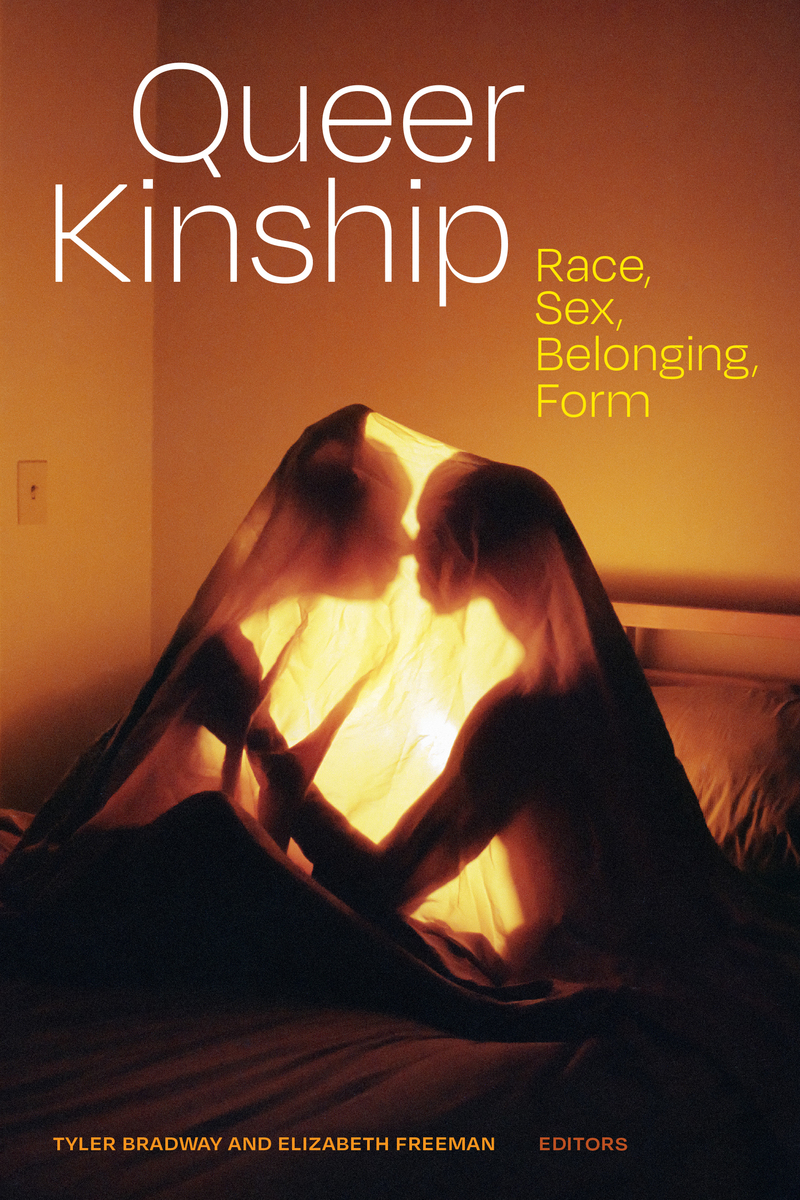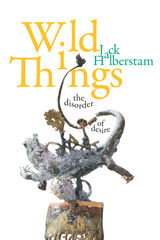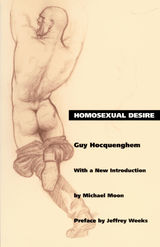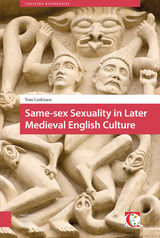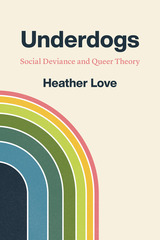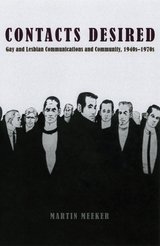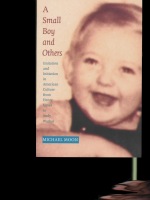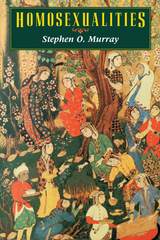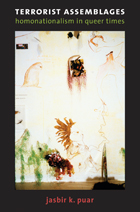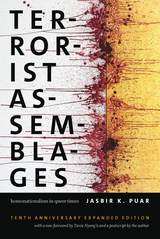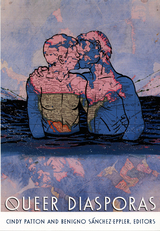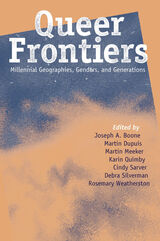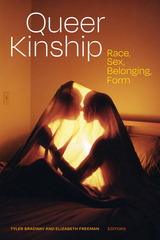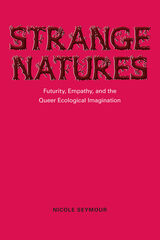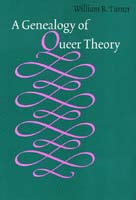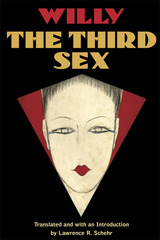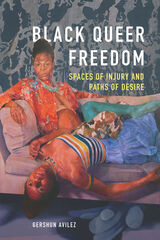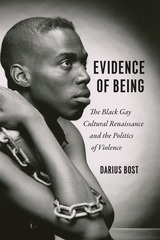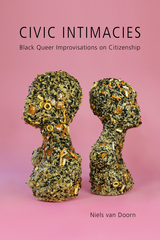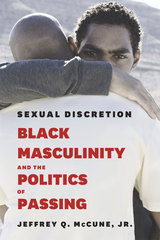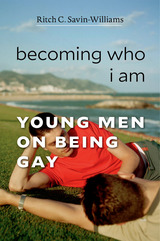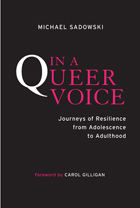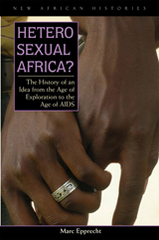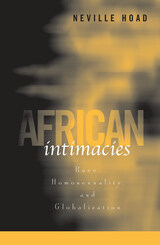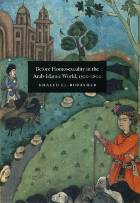Queer Kinship: Race, Sex, Belonging, Form
Duke University Press, 2022
eISBN: 978-1-4780-2327-2 | Cloth: 978-1-4780-1602-1 | Paper: 978-1-4780-1865-0
Library of Congress Classification HQ76.25.Q3745 2022
See other books on: Family relationships | Freeman, Elizabeth | Gays | Kinship | Queer theory
See other titles from Duke University Press
eISBN: 978-1-4780-2327-2 | Cloth: 978-1-4780-1602-1 | Paper: 978-1-4780-1865-0
Library of Congress Classification HQ76.25.Q3745 2022
ABOUT THIS BOOK | AUTHOR BIOGRAPHY | REVIEWS | TOC | REQUEST ACCESSIBLE FILE
ABOUT THIS BOOK
The contributors to this volume assert the importance of queer kinship to queer and trans theory and to kinship theory. In a contemporary moment marked by the rising tides of neoliberalism, fascism, xenophobia, and homo- and cis-nationalism, they approach kinship as both a horizon and a source of violence and possibility. The contributors challenge dominant theories of kinship that ignore the devastating impacts of chattel slavery, settler colonialism, and racialized nationalism on the bonds of Black and Indigenous people and people of color. Among other topics, they examine the “blood tie” as the legal marker of kin relations, the everyday experiences and memories of trans mothers and daughters in Istanbul, the outsourcing of reproductive labor in postcolonial India, kinship as a model of governance beyond the liberal state, and the intergenerational effects of the adoption of Indigenous children as a technology of settler colonialism. Queer Kinship pushes the methodological and theoretical underpinnings of queer theory forward while opening up new paths for studying kinship.
Contributors. Aqdas Aftab, Leah Claire Allen, Tyler Bradway, Juliana Demartini Brito, Judith Butler, Dilara Çalışkan, Christopher Chamberlin, Aobo Dong, Brigitte Fielder, Elizabeth Freeman, John S. Garrison, Nat Hurley, Joseph M. Pierce, Mark Rifkin, Poulomi Saha, Kath Weston
Contributors. Aqdas Aftab, Leah Claire Allen, Tyler Bradway, Juliana Demartini Brito, Judith Butler, Dilara Çalışkan, Christopher Chamberlin, Aobo Dong, Brigitte Fielder, Elizabeth Freeman, John S. Garrison, Nat Hurley, Joseph M. Pierce, Mark Rifkin, Poulomi Saha, Kath Weston
See other books on: Family relationships | Freeman, Elizabeth | Gays | Kinship | Queer theory
See other titles from Duke University Press
